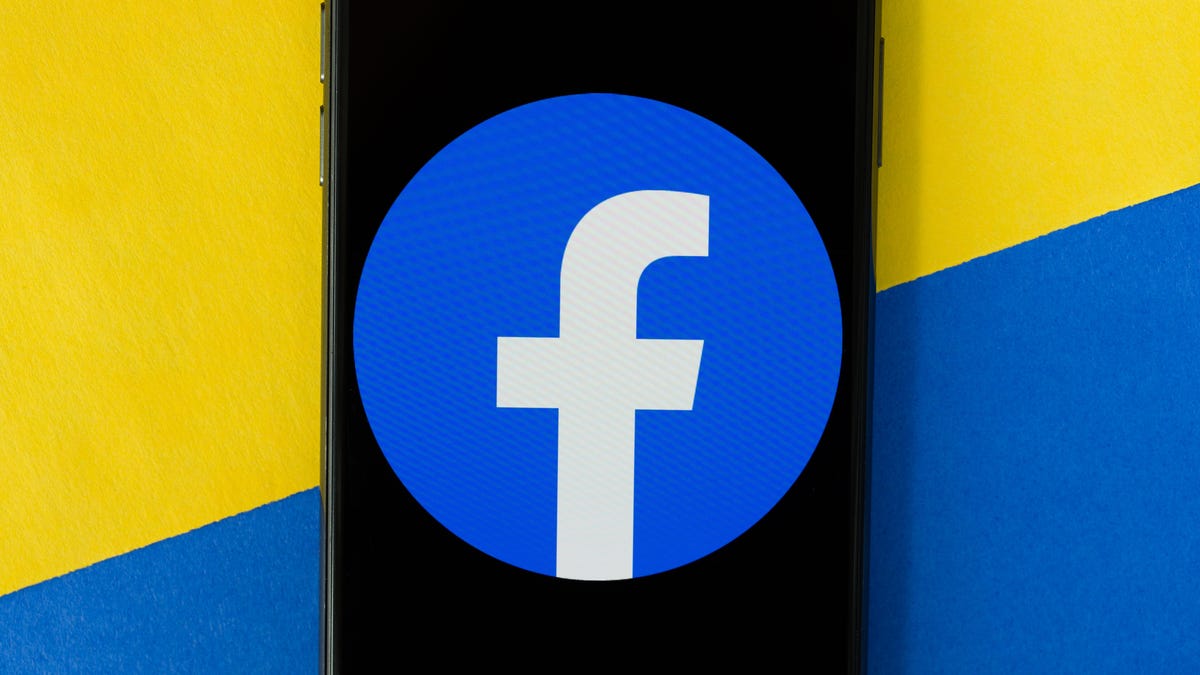Facebook will let you livestream video chats from its Zoom-like Messenger Rooms
The coronavirus pandemic has fueled the growth of live video and videoconferencing.

Facebook is doubling down on its live video efforts.
Facebook said Thursday it's rolling out a new feature that lets people livestream video from Messenger Rooms, the videoconferencing tool the social media giant introduced in April.
Facebook already lets users livestream video on the social network, but they currently can only invite one person to co-broadcast. Streaming a live video from Messenger Rooms means that users will be able to broadcast a chat with up to 50 people.
Jasmine Stoy, a Facebook product manager who oversaw the creation of the new feature, said she envisions people using the live video tool on Messenger Rooms for planned events such as book club meetings and fitness classes. Co-broadcasting videos on Facebook Live, by contrast, is often spontaneous and is a way that celebrities engage with their fans on social media.
Facebook's Messenger Rooms will include an option to broadcast a live video.
Allowing users to livestream their video chats puts Facebook Messenger Rooms in line with what its competitor Zoom offers users. On Zoom, users can livestream meetings and webinars on YouTube, Facebook and other streaming services.
Facebook has been ramping up its efforts around video chatting and live video as more people turn to those features to keep in touch with family and friends during the coronavirus pandemic. In June, live broadcasts from Facebook pages doubled, compared with the same month last year. Users can join a Messenger Room even if they don't have a Facebook account.
Stoy said Facebook has been testing the live video feature in Mexico, Canada and Argentina for several weeks. A women's empowerment group, she said, has used the tool to reach supporters. To access the feature, users click on a button that says "Live" in their video in Messenger Rooms. The video can be streamed live on a user's profile, page or in a Facebook group. Users who create the video chat controls where the video is streamed on Facebook and who can view the broadcast. They'll also be able to add or remove participants in a video chat. Those who are currently in a video chat will have to agree to go live before the broadcast.
The feature will be available in some countries, including the US, on Facebook and its Messenger app on Thursday. The company declined to provide a list of the countries. The live video feature will soon launch in all countries where Messenger Rooms is available and in Facebook's mobile app and its messaging service, which is on desktop and mobile.
Facebook hasn't released any user numbers for Messenger Rooms. Connor Hayes, the director of product management for Messenger Rooms, said users have been turning to the tool for spontaneous hangouts with their friends and family. The company also wants the tool to be useful even after the pandemic ends.
"We're still seeing people really want to spend time over video. It continues to be a need that they have and I think our perspective is we we want to build something that ... gives you value to hang out over video in perpetuity, regardless of whether you have to be separate or not," he said.
Some users, though, might be wary about using the service because of the privacy concerns surrounding the company, including the Cambridge Analytica scandal in 2018.
Videoconferencing services have also encountered other problems this year. People have hijacked calls on Zoom to share inappropriate or unexpected content, including hate speech, profanity and pornography, a practice known as Zoom-bombing. Zoom has taken several measures to address those concerns, including making it easier for hosts of meetings to find security features that can limit access to a video chat. Facebook said it doesn't listen to your calls and there are ways to control your privacy on Messenger Room so users don't interrupt a video chat.
Expanding live video to more services also could come with more content moderation challenges for Facebook. Live video has been used on the platform to stream suicides and violence. Last year, a gunman used the social network's livestreaming tool to broadcast a mass shooting at mosques in Christchurch, New Zealand. The company was criticized for not acting more quickly to pull the video down before it surfaced on other sites. Facebook said that users can report a live video for violating its community standards and it also uses technology to detect harmful videos before they're reported.
"With a mix of both user reports, as well as with these pieces of technology, we do our best to try to capture these incidents before before they escalate," Stoy said.

